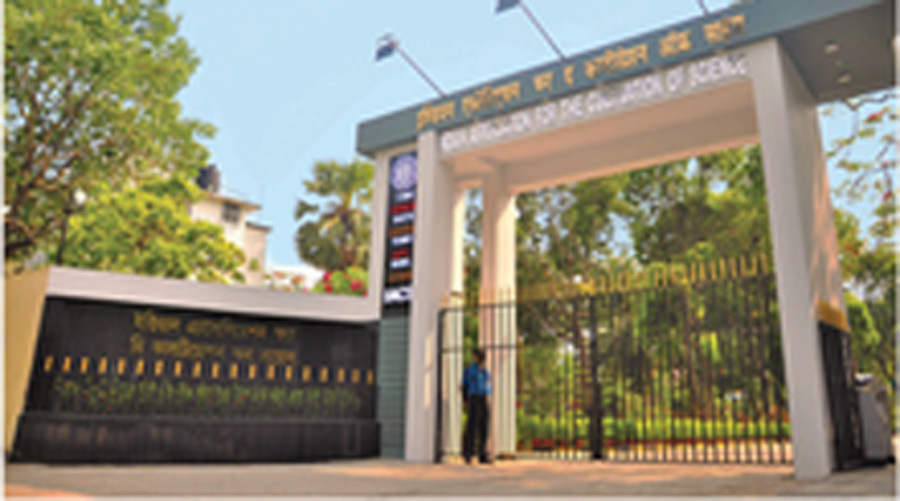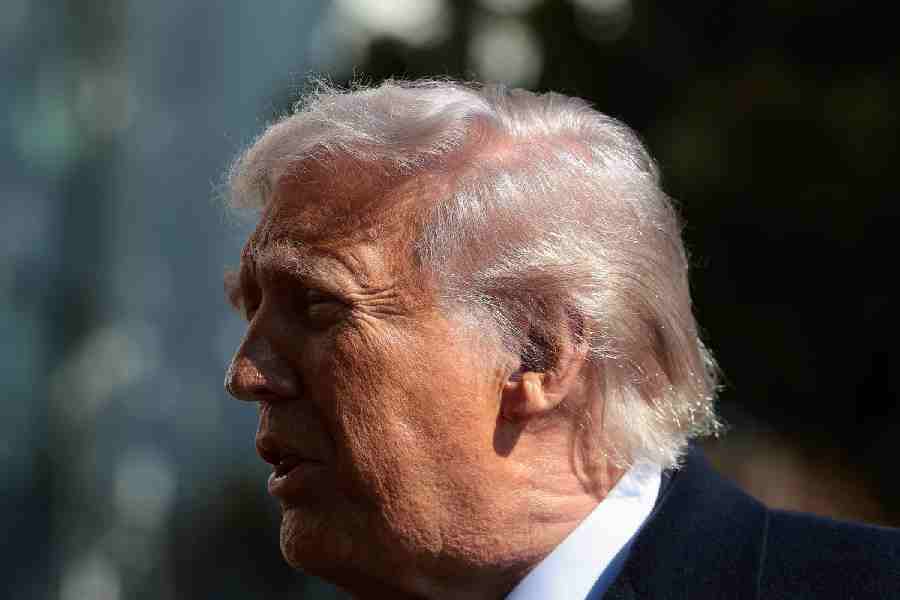Sir — It is an ominous sign when politics begins to dictate the language of science. India’s oldest science research institute, the Indian Association for the Cultivation of Science, has been told via a letter that it is not doing enough to meet the Hindi language targets set by the Centre (“Science hub told to cultivate Hindi”, March 24). The institute’s acting registrar has said that its circular on the matter stands superseded, but the developments are worrying. No imperial diktat prevented Isaac Newton from choosing Latin over English when he wrote Philosophiae Naturalis Principia Mathematica, one of the most celebrated volumes on science. Modern academia needs similar flexibility and freedom of expression to thrive. This is not asking for much.
A task force, formed to study the feasibility of introducing regional languages as the medium of instruction in the Indian Institutes of Technology and the National Institutes of Technology, has made a few of its findings public. First, it reveals that Hindi is not a feasible option for premier institutes like the IITs and the NITs. This is mainly on account of the composition of student populations and faculties, many members of which come from all parts of the country, thus covering a much broader linguistic spectrum. Several academics have spoken in unison against the imposition of Hindi, an ill-conceived plan unleashed to divert the focus of academia away from scholarship.
The task force also found that it is possible to introduce native languages in numerous local technical colleges which mainly attract the domicile students of the states concerned. The report says that only 5-10 per cent of students in IITs preferred to take their courses in a native language. Another study found that around 44 per cent of students in state technical colleges, which have a considerable presence of local students, wanted to study in the local language. In fact, it is already a practice in many state colleges to use the local language over Hindi or English. The study provides valuable insights into language preferences of institutions based on stature and student demographic. A premier institute like the IACS, where Nobel laureates like C.V. Raman once worked, is a poor candidate for the ‘cultivation’ of Hindi.
The race to adopt Hindi for circulars or clerical correspondence in the IACS is also unnecessary. It is a wasteful exercise in terms of consumption of paper, time and resources.
Tarun K. Sarkar,
Calcutta
Sir — It was heartening to read that scientists from several institutions expressed outrage at the Centre’s attempt to harass the IACS, one of Bengal’s most respected institutions, in the name of furthering the use of Hindi as the ‘official language’. On Wednesday, research scholars as well as undergraduate and postgraduate students assembled on campus and formed a human chain that went past the football field. On the field were written the words, “No Hindi Imposition”. After the protest, a new circular was issued that appeared to ‘supersede’ the earlier one, although a teacher at the institute wondered whether it was just the same circular couched in more placatory language. Even if that is the case, the students of the institute will continue to fight the imposition of Hindi.
Ankita Poddar,
Calcutta
Close call
Sir — A number of leaders around the world have tested positive for Covid-19. However, it was appalling to read that the prime minister of Pakistan, who was recently diagnosed with the disease, reportedly held an in-person meeting with his media team after he tested positive. Even ordinary citizens are expected to be responsible and isolate themselves after testing positive for the illness. As the leader of a nation, Khan has an even greater responsibility upon his shoulders to set a good example. Given the flagrant flouting of social distancing norms all over South Asia, such irresponsible behaviour from a head of state is shameful and should be condemned.
Faiza Khalid,
Delhi











